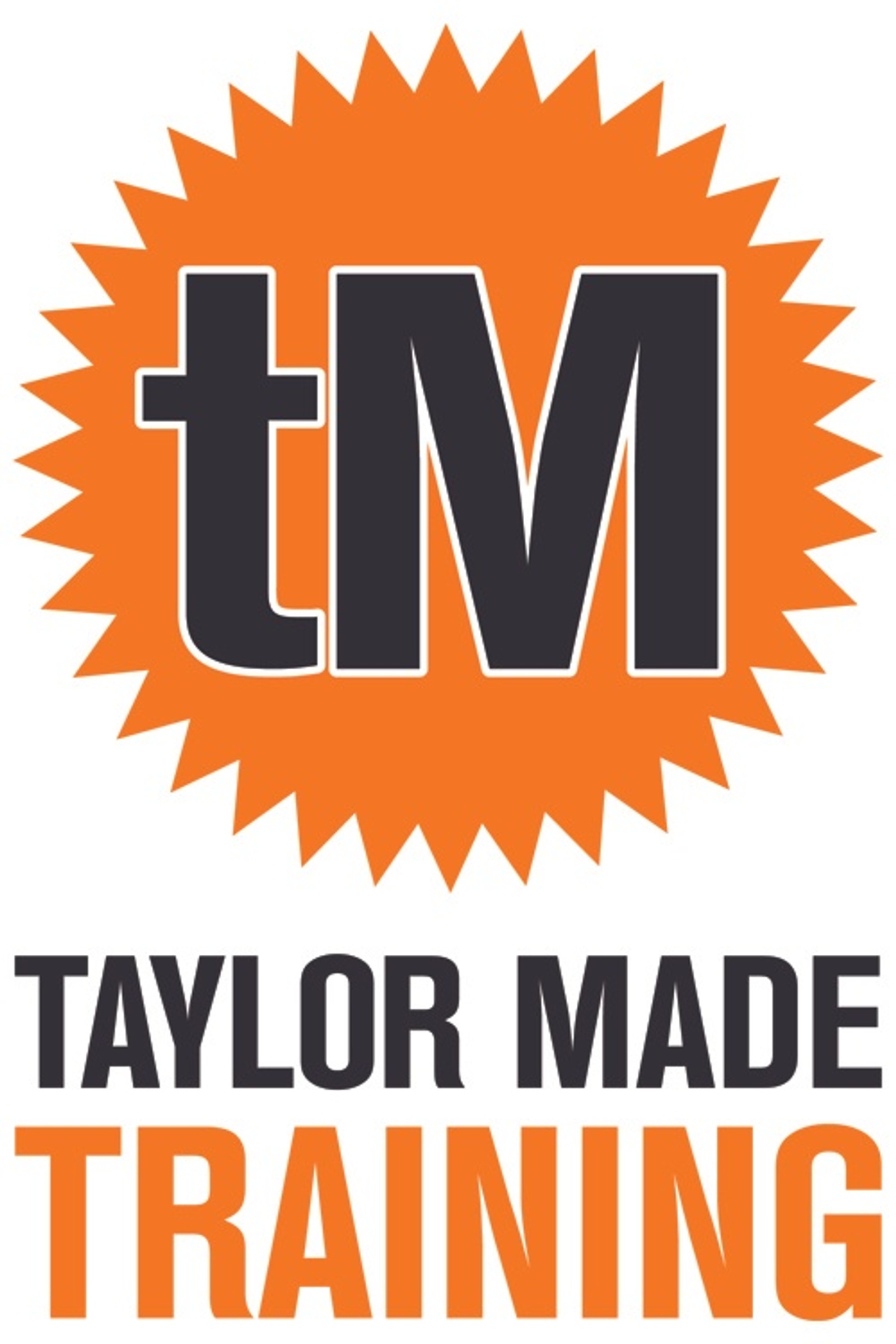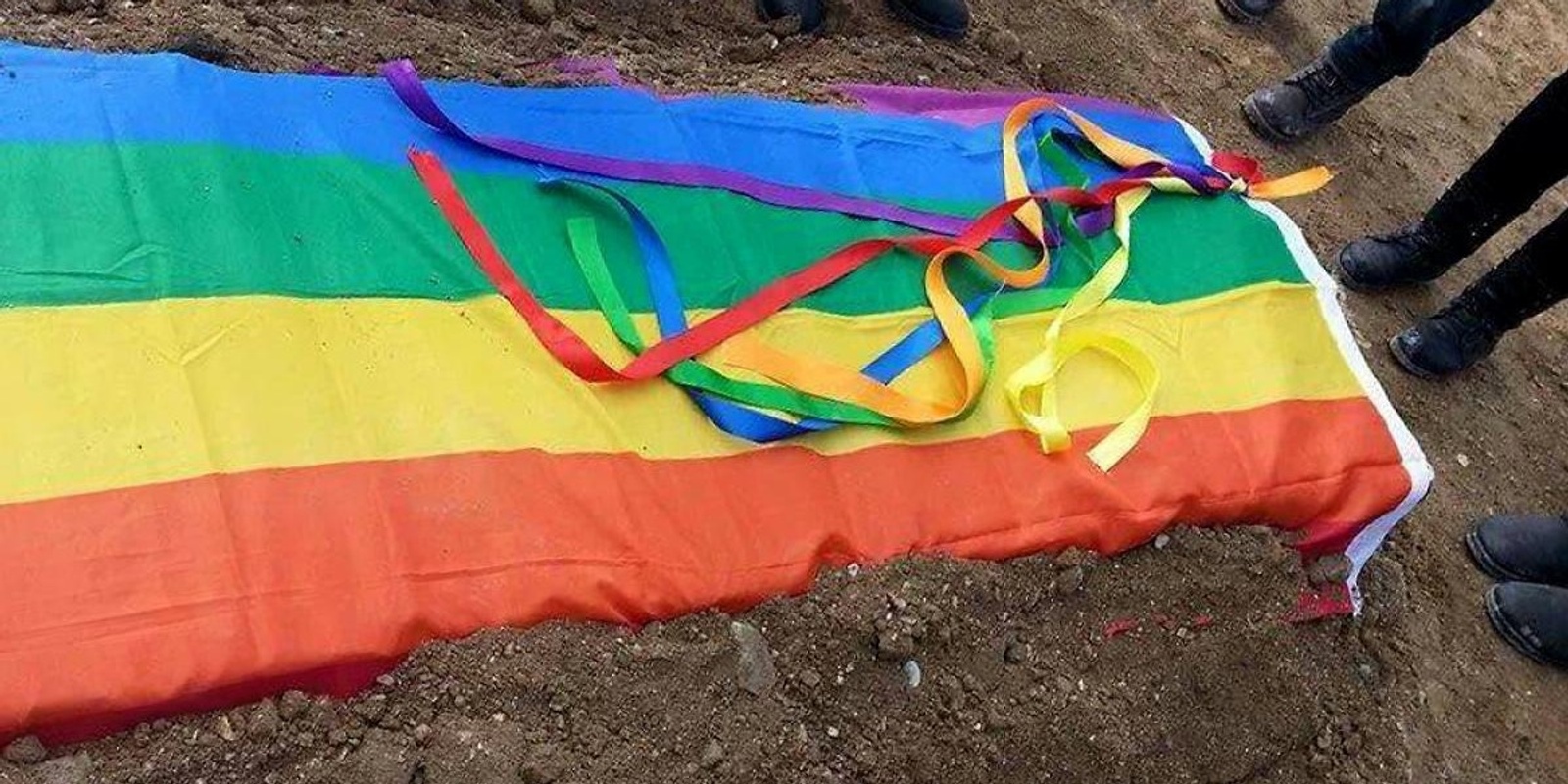The Suicide Closet: Effective suicide interventions for LGBTTIQA+ people - Wellington
Event description
While there is much to celebrate and affirm for rainbow communities, poor mental health outcomes and the over-representation of lesbian, gay, bisexual, takatāpui, transgender, intersex, queer, asexual (LGBTTIQA+) in suicide attempts and deaths show that there is much more work to be done to enhance wellbeing among rainbow communities' members. Take this opportunity to further your understanding of the dynamics suicidality in our rainbow communities and how to more effectively respond to suicidality in sexuality and gender diverse people.
”Services will be responsive to people from different cultural backgrounds, life experiences and perspectives, for example, …Rainbow communities. All services will respect the cultural, gender and sexual orientation needs of the people being supported.”
HE ARA ORANGA REPORT OF GOVERNMENT ENQUIRY INTO MENTAL HEALTH AND ADDICTION
Recent studies show that mainstream services in New Zealand have not significantly improved in their service delivery to clients who are members of the rainbow communities
Many clinicians still fail to ask about gender or sexuality nor take into account the significance of these factors in assessing suicide risk.
Many LGBTTIQA+ people using mainstream services report feeling unsafe or that issues relating to their sexuality or gender are either stereotyped or misunderstood, adding extra stress in a time of acute distress.
Not all suicide risk factors are the same. Evidence shows that rainbow community members have additional factors that are particular their sexual or gender diverse identity that can negatively impact on their mental wellbeing, quality of life and influence their desire to live or die. It is essential that these factors are canvased and included in any assessment of suicide risk.
Learn how the impact of discrimination, heteronormative assumptions, unconscious bias, internalised homo/bi/trans phobia heightens suicide risk and can impact on the therapeutic relationship.
With the current redesign of mental health and addiction services in this country, this is an opportune time to ensure that workers are LGBTTIQA+ suicide responsive.
An advanced professional development opportunities with award winning and internationally recognised suicide prevention practitioner, Barry Taylor
Studies have shown that for lesbian, gay, bisexual, transgender, takatāpui, intersex, queer/questioning, asexual and people of other diverse sexual and gender identifications (LGBTTIQA+ people) suicida thinking, attempts and deaths are far more common than in the broader population. Transgender people have one of the highest risk of suicide among all subpopulations.
There are identified additional risk factors for suicide which often are far more influential in determining suicide therefore the use of a generic risk assessment tool may not assess accurately the suicide risk or acuity in an LGBTTIQA+ person.
This workshop provides participants the opportunity to gain insights and a theoretical analysis of the social and psychological determinants that influence suicide risk in LGBTTIQA+ people so to ensure that they undertake an accurate assessment.
Based on considered practice wisdom on working with LGBTTIQA+ people, the workshop will cover strategies that clinicians, counsellors or support workers need to consider when providing crisis intervention or longer-term counselling or support with LGBTTIQA+ people experiencing suicidal ideation or behaviour. It is essentials that workers have a good understanding of how hetero and gender normative assumptions and unconscious bias can impact on the therapeutic relationship.
Learning Outcomes
Workshop participants will be:
- Knowledgeable of the social and psychological determinants that contribute to suicide risk and behaviour in LGBTTIQA+ people
- Familiar with specific LGBTTIQA+ risk and protective factors to consider in a suicide risk assessment
- Conscious of LGBTTIQA+ specific dynamics that may affect crisis interventions and longer-term support or clinical interventions with LGBTTIQA+ people experiencing suicidal ideation or behaviour
- Cognisant of the grief issues and suicide contagion risk for LGBTTIQA+ people bereaved by suicide
Topics covered:
- Suicide in LGBTTIQA+ people – What is it and how is it explained
- The role of social determinants in contributing to poor mental health outcomes and suicidality in LGBTTIQA+ people
- Not all the same - an understanding of the intersectionality of age, gender, cultural differences and ableness in LGBTTIQA+ suicide
- Risk and Protective Factors for suicide in LGBTTIQA+ people – Additional considerations when undertaking suicide risk assessment in LGBTTIQA+ people
- Unconscious bias and heteronormative assumptions and the therapeutic relationship
“Work with rainbow communities to develop guidance on inclusive suicide prevention practices”
Every Life Matters- He Tapu te Oranga o ia Tangata
What others have said about the workshop
“The easy to understand explanations of trans and intersex was most helpful and shed light on the experiences of groups that I knew little about” Clinical Psychologist
“I wish there had been a course like this when I first started working in mental health. I have learnt so much” Social Worker
“Leaving even more determined to ensure my school is a safe place for our LGBTI students” School Counsellor
Evaluations of this workshop shows that attendance is of benefit for LGBTTIQA+ service providers and workers in mental health, addiction, primary health, social and community services, education, youth sectors. Clinicians and support workers from Te Whatu Ora, NGO mental health services, Kaupapa Māori, Pasifika and primary mental health and addiction services are strongly encouraged to attend.
An opportunity for a day of learning with internationally respected suicidologist, Barry Taylor
Barry has worked in mental wellbeing promotion and suicide prevention/postvention for 34 years at the local, national and international levels. His extensive experience includes sitting on state and national government advisory committees; designing, implementing and evaluating suicide prevention programs; writing suicide prevention guidelines, training packages and community resources; providing technical advice to community based and national mental wellbeing and suicide prevention programs.
He has led multiple ‘firsts’ in the context of suicide prevention and postvention both in Aotearoa New Zealand and overseas. In 2011 he headed up MindOUT: LGBTI mental health and suicide prevention project in Australia. This project was a world first, with funding from a national suicide prevention strategy been specifically allocated for a national co-ordinated response to LGBTI suicide prevention and mental health.
Barry has been a long term and passionate advocate of LGBTTIQA+ awareness within the field of suicide prevention. In the 1980s, he wrote the first ever New Zealand policy paper on suicide in gay and lesbian youth. In the 1990’s he was instrumental in the establishment of gay and lesbian youth groups throughout Aotearoa-New Zealand. Barry was instrumental in organising the country's first national gay and lesbian youth conference. He has sat on numerous boards of national and international LGBTTIQA+ organisations and has been advisor to governments on LGBTTIQA+ mental wellbeing and suicide prevention
A pioneer in suicide risk assessment training in this country, Barry's insights are informed by a comprehensive and critical understanding of the research and latest thinking in both the national and international suicide prevention sector. Drawing also on his extensive experience in engaging, assessing and supporting suicidal people from different cultures, age groups,genders and sexualities,he offers practical and time proven approaches to undertaking an effective assessment.
As a health sociologist, he has an interest on the impact of social exclusion, discrimination on wellbeing and suicide. He advocates for a human rights / social justice approach to wellbeing and suicide prevention.
Barry offers an unique insight into the evolving phenomenon of suicide in the New Zealand context and the critical social and cultural determinants that have influenced it, insights that very few others trainers or training programs in this country provide. The workshop is enriched by the learnings from Barry's own lived experience of depression and suicidality and his pathway to recovery.
After a number of years overseas, Barry is living back in New Zealand and is passionate about building the knowledge base, competence and capability within our country to effectively respond to the unacceptably high rate of suicide in our rainbow communities and contributing to initiatives that promote wellbeing.
WORKSHOP DETAILS
WORKSHOP PLACES ARE LIMITED. REGISTER EARLY TO AVOID DISAPPOINTMENT
Places in the workshop are limited. If the workshop is full please register your name on the waitlist
Group Booking Discount: Book 3 or more participants in one booking and receive 30% discount off each registration
Payment: Payment is by either:
Credit Card (Visa or Mastercard) or
Instalment payment (ZIP and Afterpay)
Invoice - Organisations can request to pay by invoice. At payment method click on Invoice,
Terms for Payment By Invoice
Payment by Invoice is only for NGOs, Government Departments, Te Whatu Ora, PHOs, Schools and tertiary organisations, businesses.
By selecting to pay by invoice the organisation agrees to the following conditions:
1. Your place in the workshop is not confirmed until payment has been received. Payment of the invoice must be made within seven days of registering to avoid having your registration cancelled. Late payment fees apply.
2. A Tax Invoice from TaylorMade Training and Consulting will be sent to you separately which will contain bank details for payment.
3. By registering for the workshop, you agree to the cancellation and policy. (refer below). Organisations who cancel within seven days of the workshop and have not paid the invoice for the outstanding registration fee are still obligated to pay the outstanding debt.
Cancellation and Refund Policy
Workshops can fill quickly. If you are no longer able to attend the workshop please cancel your registration as soon as possible. The following refund policy is strictly adhered to.
Cancellation up to seven days prior to the commencement of the workshop: Full Refund less $35+GST admin fee
Cancellation within seven days prior to the commencement of the workshop: No refund but registration can be transferred to another person. To transfer your registration log on to your registration and update the name and contact details to the new person attending.
Non attendance: No refund
Disclaimer: The information and professional advice delivered in the workshop and the associated printed material is provided solely on the basis that before relying on this material, participants should obtain appropriate advice relevant to their particular circumstance to evaluate its accuracy, currency, completeness and relevance for their purposes. TaylorMade Training and Consulting will not be liable for any damages of any kind to any person or entity arising from the use of this information. Your attendance at this workshop reflects your acceptance of this statement.
Organiser Contact Details
Barry Taylor
Principal Consultant | TaylorMade Training and Consulting
Office: 04 280 0146 Mobile: 022 397 9294
Email: registration@4wellbeing.nz Website: www.4wellbeing.nz
Tickets for good, not greed Humanitix dedicates 100% of profits from booking fees to charity



